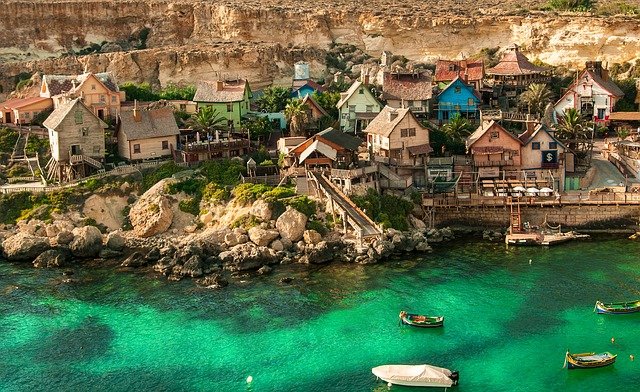
Right above eastern Tunisia and under southern Italy rises a land that was a much-sought jewel by almost every empire and major civilization that’s ever existed: from the Greeks to the Normans, from the Romans to the Byzantines, from the Phoenicians to Napoleon’s France.
We are talking about Malta, a Mediterranean archipelago with one of the richest histories of its region. Its privileged location, its heavenly beaches, and its cultural mix makes it one of the top tourist destinations in the Mediterranean.
Going along Vittoriosa, Senglea, and Cospicua, known as the “three cities,” which have been inhabited since the Phoenician times and saw the birth of the Order of the Knights of Malta; a tour to the captivating Hypogeum, with all of its archeological wonders, or submerging in the beaches of Golden Bay, are just one of the few drivers of tourists, and culture-savvy expats to the island.
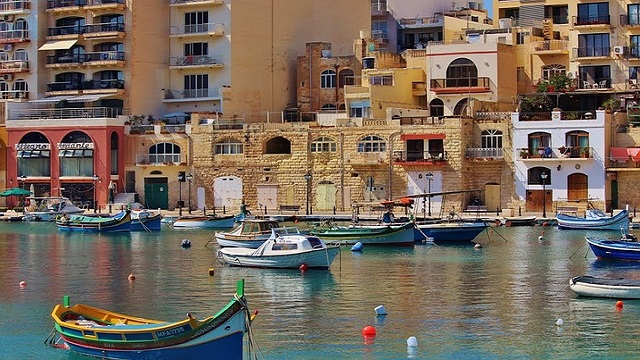
Malta gained its independency at a point where it relied way too much on the British military presence.
When the UK started withdrawing its armed forces, many predicted a disaster.
However, as you may know: those who really want to thrive know how to take advantage of crises.
That’s what happened in Malta. The island diversified its economy in the 80s through government grants, tax credits, and loans to increase the FDI flow.
As usual, the impact of these state-led measures was limited. That led the island to a second transformation: during the 90s, a series of economic reforms turned the country into a market economy, to the point the government sought progressive privatization of public assets, and finally, all capital controls were eliminated when the country joined the European Union in 2004.
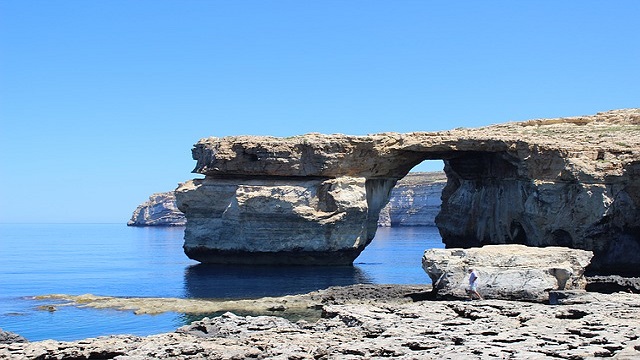
Political stability: 8.5
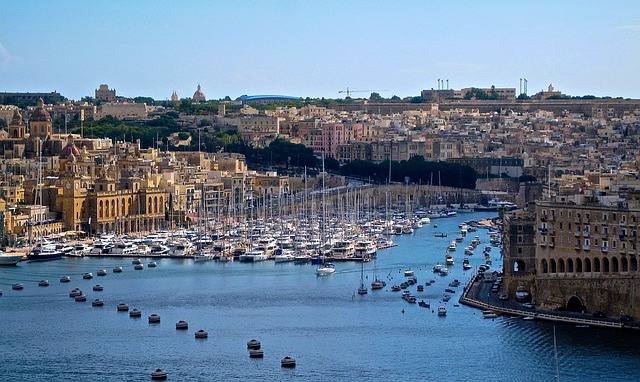
There’s much to love about Malta. Don’t let its 300 sq km fool you. This island must be on the map of every high net worth individual and investor. Its CBI program was a before and after on the second passport world. The country boasts a favorable tax regime for investors, diversified and cutting-edge financial services, and licenses. We don’t exaggerate when we say Malta is one of the most beautiful places in the Mediterranean with a succulent history and culture.
Don’t say we didn’t tell you. If you’re looking for a new place to invest or to relocate, Malta has to be at the top of your list.
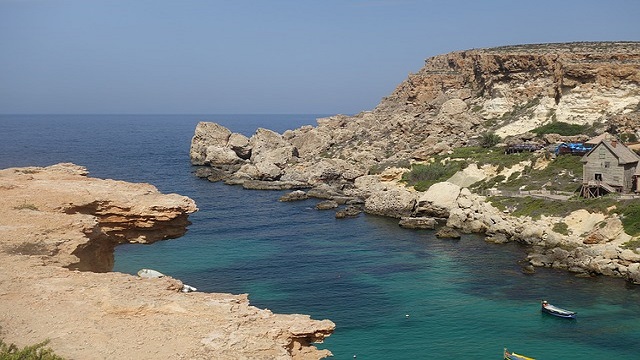
Malta is a fantastic place to relocate. Freelancers, retirees, crypto managers, digital nomads, and entrepreneurs choose Malta as their spot for its beauty, its beneficial tax system, and the opportunities it offers.
Its calm ambiance is perfect for expats looking to run away from the non-stop life of big cities, but still want to enjoy first-level services in a modern country. Malta is a country open for foreigners, with a welcoming local population, a vibrant cultural mix, an astonishing past, and its eyes well-set into the future.
Why did the Knights Hospitaller chose Malta as its base and hometown? We are sure it was because it was the closest they could feel to heaven on earth. Add that the tax optimization possibilities, amazing investment vehicles to protect your assets, and a privileged location that will get you to most European, North African, and Middle Eastern capitals in a couple of hours by plane.
If you want to relocate to start a new business or wish to enjoy your retirement savings freely, Malta should be at the top of your list.
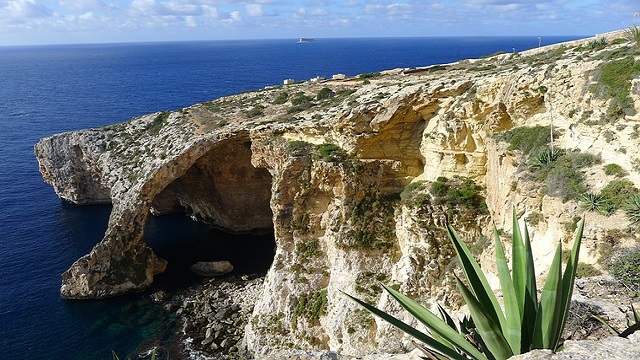
Traditionally, CBIs were present in some Pacific and Caribbean islands that couldn’t provide much aside from a second trustworthy passport.
“That sounds pretty good to me,”, you may think, and that’s right. However, in 2014, Malta became the first EU member to provide an extensive CBI program. Thus, it was the first country to offer extra benefits in a dynamic investment environment for those who benefit from the program.
Malta’s CBI was an overhaul. Similar programs followed it in Cyprus, another EU member, and Montenegro, which will be an EU member in 2025.
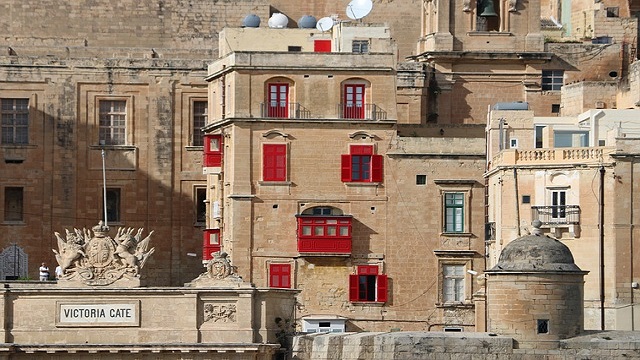
Malta’s tax system is one of the most sophisticated in Europe. It offers plenty of advantages for high net worth individuals and companies and has different tax regimes for different kinds of companies, foreigners, residents, and citizens.
Such a system is good in the sense the government uses plenty of tax incentives for certain economic activities. However, on the negative side, it means it can be an incredibly complicated and frustrating system.
Still, via deductions, you can lower your corporate tax rate to 0 % (you read that correctly) and that the residence and retirement programs offer a 15 % income tax rate. That means that even if it’s a somewhat complex system, it’s among the best of the best in Europe. Also, even as the VAT is 18 %, which is pretty average, but has compelling lowered rates of 7 % and 5 % on certain products and services (more on that ahead).
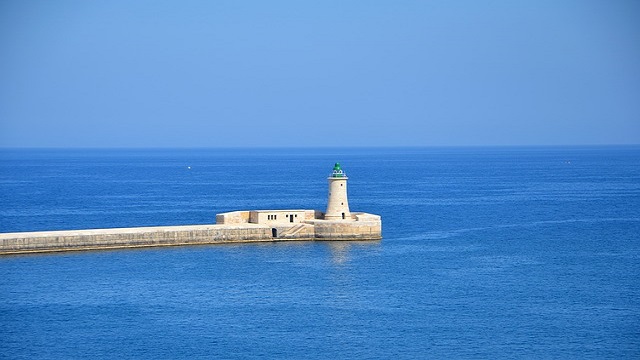
Why is Malta a good place for banking? We think of mainly three reasons: 1) It is a midpoint between Western Europe, the Middle East, and North Africa. 2) It has a robust economy, sound macroeconomic policies, and a massive influx of FDI. 3) Its British heritage left the island a business-friendly legal system that protects privacy and property, which are two of the bases of business freedom
Thanks to this, Malta has established itself as a banking center and bridge between investors from the Middle East and Western Europe. The country holds more than €30b in deposits, and the amount continues growing. In a bit more than a decade, the country transformed its financial system. It passed from having four small banks serving locals in their daily businesses, to becoming the top financial center in the Mediterranean.
Malta’s banking system is one of the pillars of its economy. Not only for its size, as financial services comprise more than 15 % of the GDP, but also because Maltese banks usually have solvency rations that double the EU average.
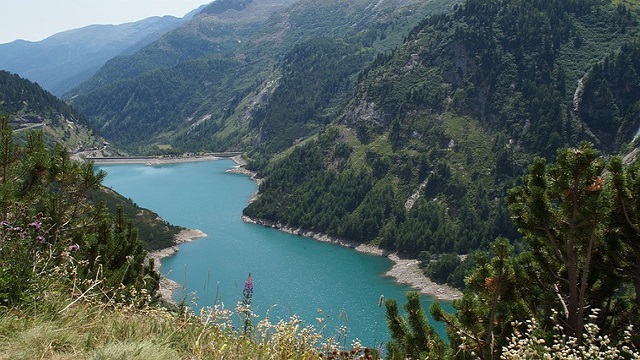
Wealth management is a primary goal for many Maltese banks. In the last few years, some service providers are offering Swiss-like private wealth management services. They make available all the preferred investment vehicles for high net worth individuals: hedge funds, equities, and real estate, and it allows investors to protect their legacy through trusts.
Why is Malta an attractive destiny for foreign investors seeking for wealth management services?
- First, the country has one regulator for all financial services: the MFSA. Family offices in Malta say they can easily navigate through the intricate regulatory frame as they are conducted with the same authority, which is generally regarded as transparent.
- Likewise, the country’s strength lies in its flourishing financial services sector, which offers a wide array of investment possibilities such as AIFs, PIFs, trusts, and more.
- Malta has seen a recent increase in investment banking and wealth management services, with reputable and seasoned service providers entering the game
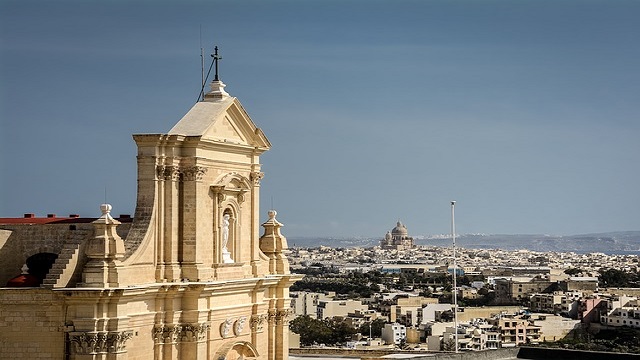
Since Malta joined the EU in 2004, the country became a top jurisdiction for corporate holding structures with different ends such as multinational groups and asset holding for high net worth individuals. In the last few years, the authorities have been active in renewing the laws and regulations regarding trusts and foundations.
Choosing the best trust jurisdiction is tough. It depends on many factors, such as the regulatory legal framework, the competence of service providers, operational costs, and the judicial system. The reforms conducted since 2014 has turned Malta into a trust-worthy jurisdiction for those wanting to protect their legacy.
The Maltese law provides the primary trusts available in most common law jurisdictions:
- Discretionary trusts
- Accumulation and maintenance trusts
- Fixed interest trusts
- Spendthrift trusts
- Charitable trusts
- Unit trusts
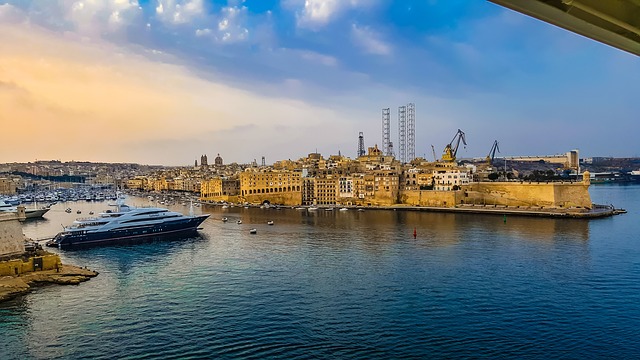
These three services have particular licenses. Forex companies follow the same licenses that investment services, and crypto and remote gaming have a four-class licensing system.
Malta is a service-oriented economy. While so many countries are seeing services such as forex, e-gaming, and cryptocurrencies with dismay, Malta is offering them an opportunity to thrive with a beneficial tax system, a strong regulatory frame, and allowing them to settle in a secure jurisdiction.
Malta was the first EU member to regulate the e-gaming industry and the first in the world to regulate the cryptocurrency investment industry. It’s been a frontrunner in innovative financial services and licenses to attract new investors to the country, and it has worked.
Today, the country is home to dozens of investors in those industries and has become a hub and a safe haven for the crypto world, e-gaming, and legit forex investors.
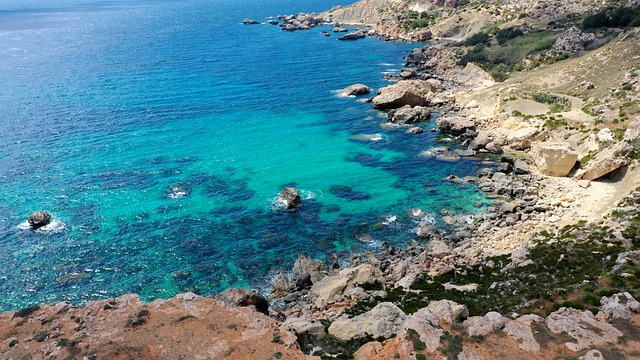
A plethora of investors are closely supervising Malta. It has a strong expat community, the economy is booming, and the CBI and RBI programs require investing in real estate.
All this means Malta has a dynamic real estate with strong investment returns for those willing to invest in the market.
Find a home that fits your needs and of your family is a must in Malta. For its size, the country has a deeply diversified market, with luxurious seaside properties, comfortable villas, and downtown apartments close to the business centers in Valletta.
You can buy a luxurious villa at a walking distance from some of the more gorgeous heavenly beaches of the Mediterranean, at a fraction of their cost in Southern France or Greece.
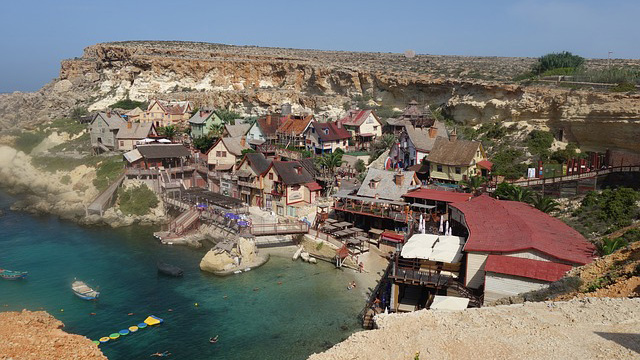
Opening a company has quite a resemblance to starting a family. We always seek to provide our heirs with the best possible circumstances, ones that offer them stability, confidence, and sustainability. The same approach applies to our financial creations: we always look for their wellbeing.
Luckily for us, there are countries that outstandingly comply with those principles, one of them being the Island of Malta, the famous Mediterranean jewel.
The way in which this country has attracted so many investors over the past decade shouldn’t come as a surprise for anyone. The local legislation regarding company formation is specially designed to facilitate all mandatory procedures, the reason why the whole process usually doesn’t take more than a full week.
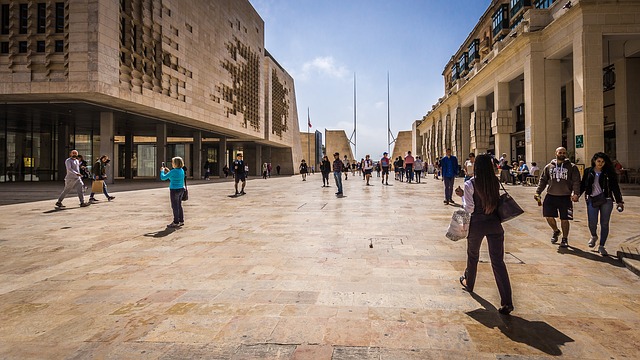
The Government of Malta is run by the president as the constitutional head of state. The system can be described as a parliamentary representative democratic republic that has to maintain stability over the years.
Ministry for Foreign and European Affairs: This Ministry has the responsibility to manage the international diplomatic missions. In addition, it has the mission to maintain the country’s external relations.
Ministry for Quality Research and Innovation: In this case, this Ministry is a specialized body that implements policies in the fields of technological development, innovation, and research.
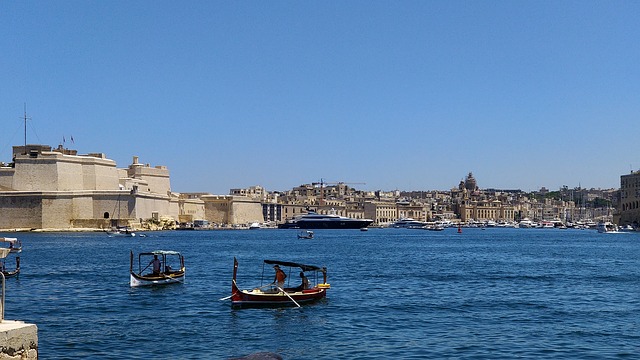
The Maltese Nomad Residency Permit and the Economic Incentive for Visitors
Without any doubt, one of the perfect vacations you may imagine starts with a sunset in the Mediterranean Sea with a bottle of the finest wine in your hand. In Malta, this is perfectly possible for your next vacation as this country is not only having one of the highest vaccination rates in the world, also is offering several incentives to the visitors that arrive in the country; for this reason, it is considered one of the best places to travel in 2021.
$170,000
$2,500,000
$350,000
$1,400,000
$395,000
From all the structures dedicated to protecting one's assets, the trust has been consistently the fa...
Choosing Panama as a retirement place is convenient for many reasons. On many occasions, we have des...
In the 21st century, the concepts of Nevis trust, asset protection, and wealth planning are almost s...
Very few programs are as friendly to retirees as the one we're featuring in this article. With an ea...
Everyone who sees property purchase as an investment strategy should consider pre-construction Panam...
In Panama, the real estate market is significant because of its convenient costs and the permanent r...



.png.small.WebP)


.webp.small.WebP)


.png.small.WebP)
